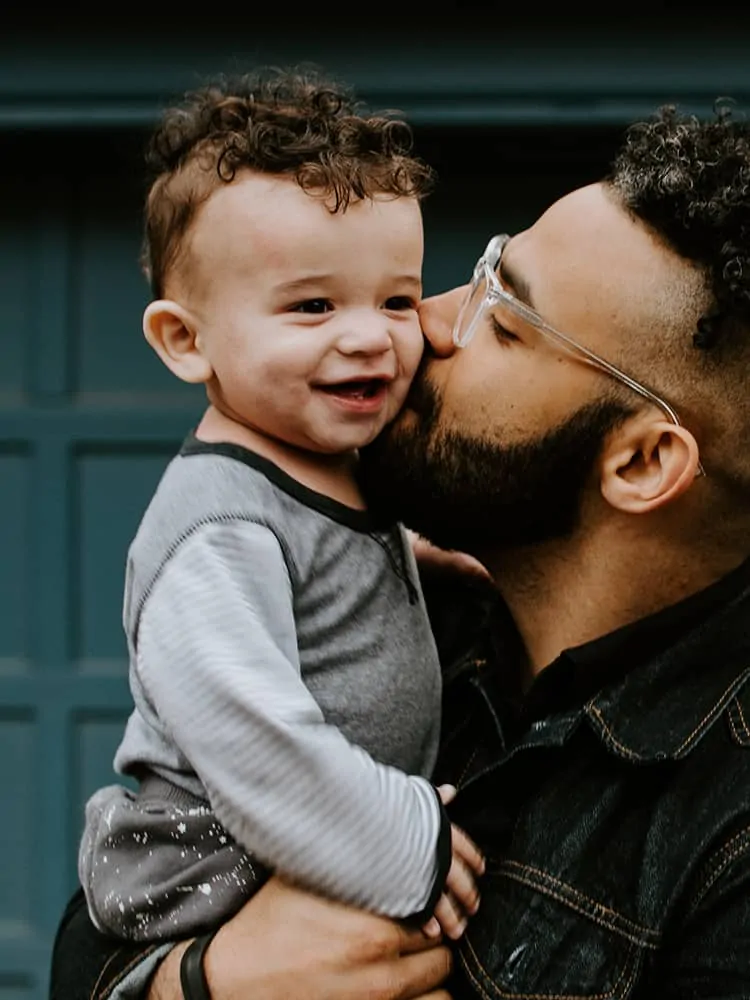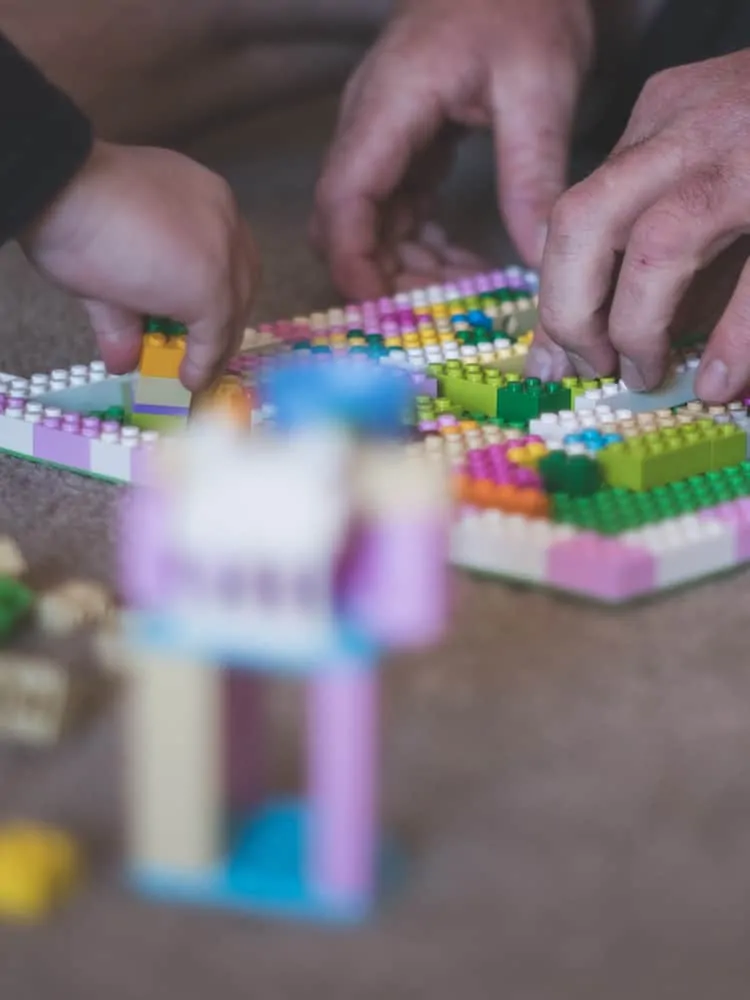You’re not alone as a Dad if you’re finding it difficult to think about how to talk with your child about having used a sperm donor. The good news is that there are many men who’ve done it successfully and this article is full of ideas about when and how to go about it.
When should you tell your child about the donor?
Understandably, some parents think they should not tell their child about sperm donation before they are older. They assume children need to know at least the basics of how babies are made or about sex. That’s not the case.
Even if your child is older when you’re reading this, it’s never too late to start. It just might take a bit more time and careful handling, especially to tune into your child’s reactions.
Sometimes it takes a while for children’s questions and feelings to bubble to the surface so be ready for them. Make clear you’re happy to talk whenever they wish and that you don’t mind what they ask or say.
If you have a partner, it’s also important that you agree together on how and when to get started. You may have quite different views but try and find common ground. In particular, talk to each other about what your fears are. And it can be important to make sure your wider family and friends know when and how you’ve made a start so that they respond positively if your child tells them about it all.
Once children are at school, some parents decide to tell the teachers especially in the early years. As your child gets older, it will increasingly be their decision about who to tell or not.
Remember that ‘telling’ is not for one time only. There may be lots of occasions over the years when you and your child talk together about donor conception. That’s what parenting is all about: being there when your child wants to talk with you!
How to talk about donor conception
Some parents find it useful to try out different words and phrases with their child while they’re still small so that they can settle on ones with which they feel comfortable. After all, your child won’t understand much at this stage so you can experiment!
Children have a very limited attention span. You’ll only need to give short explanations to begin with. “We wanted a baby very much but needed some help from a doctor”; “Daddies usually have plenty of seeds to grow babies with eggs from mummies but Daddy didn’t have enough so another man gave us some of his”. Then they’ll simply carry on playing.

Some support organisations have story books for different ages of children that you can use: children love stories about them! The UK Donor Conception Network have a big range of such books which you can order from anywhere in the world. They also have guides to ‘telling and talking’ even including ones for grandparents.
Support organisations can put you in touch with other parents so that you can swop experiences and ideas and generally get support. And of course the internet has support forums to tap into.
Will it harm my child to know about the donor?
All the evidence so far suggests that children are not harmed by knowing how they were conceived. In fact it’s more likely to be harmful for them not to know, only to find out later, especially in an unplanned way. Children can be very matter of fact about such information, especially if you yourself feel comfortable about talking with them about it. In this article, you can read about a donor-conceived woman’s own personal story, and how her family told her about having used a sperm donor.

Will my child reject me if they know about the donor?
If i decide not to tell them, will they ever find out?
In years gone by, you could never be sure that the secret wouldn’t come out at some point. Sometimes in an argument; sometimes by another person deciding to tell them, for example someone whom you took into your confidence. That’s still the case. Therefore, not telling your child about their sperm donor can be a risk.
More recently there is another way that children can find out. In the last few years there’s been a big rise in commercial DNA testing all over the world. That will keep on growing. Anyone can now buy a testing kit relatively cheaply and send it off. People are finding genetic ‘relatives’ or are being traced, even if they haven’t themselves taken a test. So in the lifetime of someone being born today, the likelihood of them finding out that they were donor-conceived children is rapidly growing and parents have little or no control over this. So it’s much better that you’re talking openly with your child now so that they don’t find out another way.
My wider family and community don’t approve of sperm donation, how can i protect my child from this?
This is a tricky one. It may be hard to read this but you might need to become a trailblazer in your family or community. Through being open you might lose some important relationships, at least in the short term. But from what you’ve read so far in this article, you’ll see that it may no longer be an option to keep it a secret. And if you tell your child, it could be harmful to them if you then told them that they shouldn’t tell others as that may make them feel that it’s something shameful. Protecting your child might be done best by educating others about the value of sperm donation and by showing them that family life can be successful regardless of how it started.
Does the donor have any parental rights?
As long as you used a fertility clinic, in most countries in the world the sperm donor has no legal rights to your child. If you’re not sure, check with the place that provided your treatment or the sperm bank where the sperm came from.



